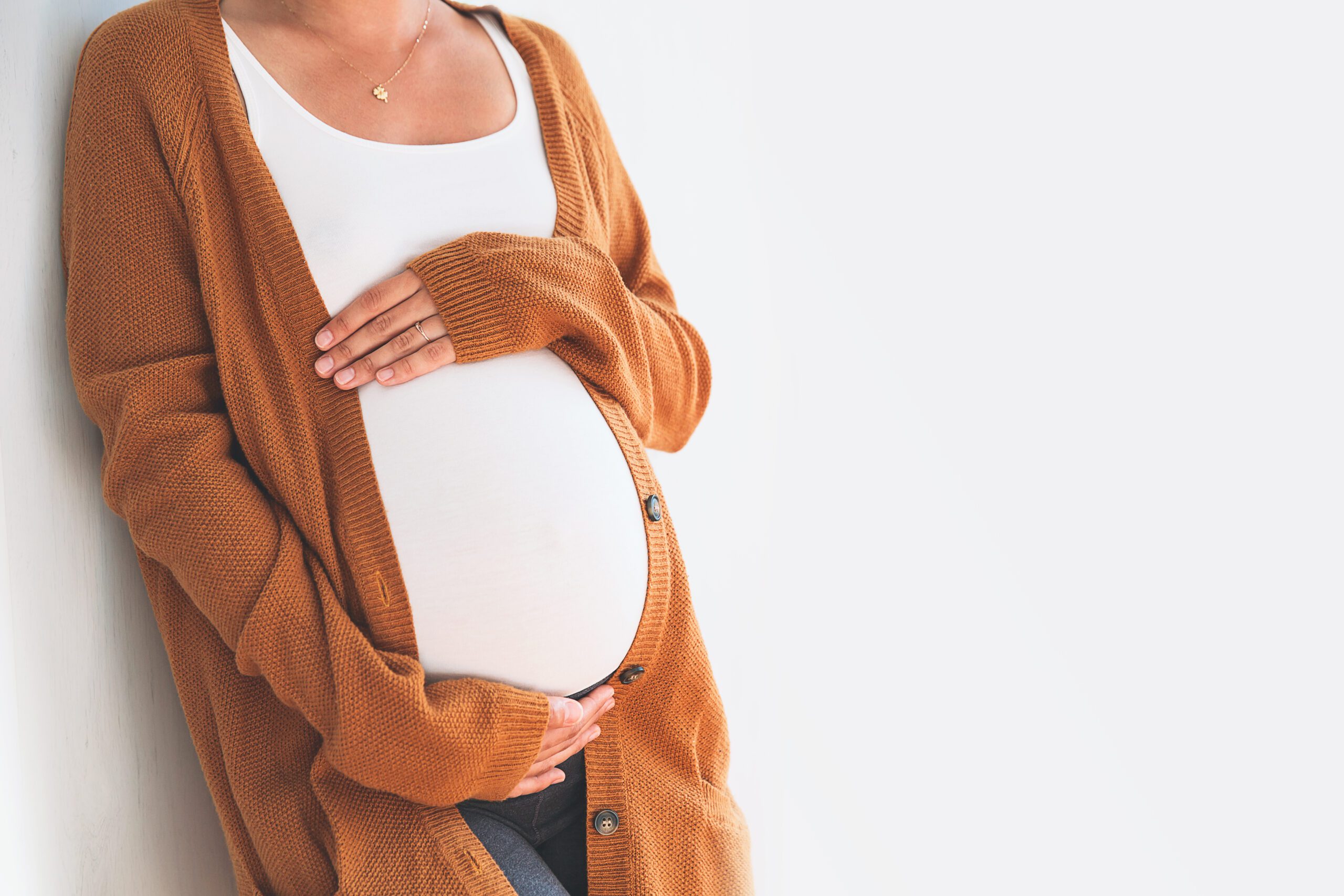Cases
CASE STATUS:
CLS ROLE:
STATE:
DECIDING COURT:
CASE DESCRIPTION:
The Greater Baltimore Center for Pregnancy Concerns (GBC) helps more than 1,200 women each year. GBC provides women with basic services like pregnancy tests, baby and maternity clothes, parenting books, diapers, bottles and formula, and sonograms, all free of charge.
GBC also counsels more than 8,000 local women per year through its 24-hour helpline. Displayed in each waiting room is a “Commitment of Care.” This document explains GBC’s promises of nondiscrimination, honesty, and confidentiality and also states that GBC “does not offer, recommend, or refer for abortion or birth control, but we are committed to offering accurate information about abortion procedures and risks.”
In 2009, the City of Baltimore mandated a disclaimer within the waiting room of a “limited-service pregnancy center,” stating that the center “does not provide or make referral for abortion or birth-control services.” Yet, the only centers targeted by this discriminatory law were pro-life centers. The city did not require abortion clinics to display signs about services they do not offer, such as adoption or prenatal care.
In March 2010, the Center sued the mayor and city counsel of Baltimore in district court for the right to continue to serve and communicate with women who come to them for help, in a way that respects each woman’s choice and circumstances as well as GBC’s mission.
In January 2011, the district court found for GBC. The city appealed to the Fourth Circuit Court of Appeals. The Center filed an amicus brief in the Fourth Circuit in support of GBC’s freedom of speech not to be compelled to speak about abortion and birth control, in terms dictated by the government, in the waiting area where it provides religiously motivated counseling and other assistance to pregnant women.
The city lost again when the Fourth Circuit found the law violated the First Amendment. The court explained that the city’s law essentially forced GBC to portray “abortion as one among a menu of morally equivalent choices” – a message “antithetical to the very moral, religious, and ideological reasons the Center exists.”
In March 2018, the city appealed to the U.S. Supreme Court. On June 21, 2018, the U.S. Supreme Court rejected the City of Baltimore’s appeal.














































